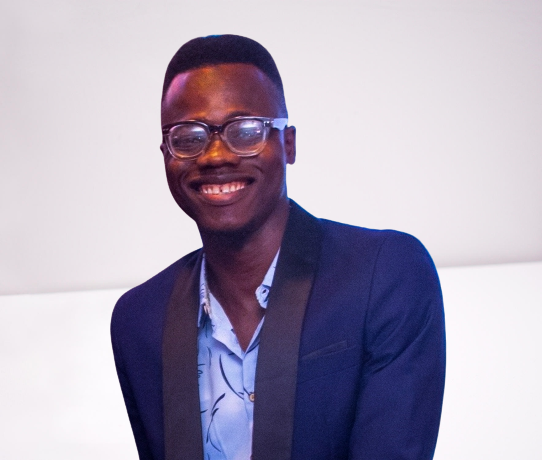Diego Souza, a name synonymous with Brazilian football, has hung up his boots after a journey of over 20 years across fields of the world. At the age of 38, having last played for Sport Recife before parting ways in December, he now steps into a world where his love for the game will be from a distance. “From now on, I’m only going to follow football on television or in the stands,” he shared in a heartfelt conversation with Globo Esporte, his words tinged with a mixture of nostalgia and anticipation for the future.
READ MORE
+ + Late Diego Souza goal denies Palmeiras home victory against Grêmio
+ + James Rodríguez and other stars who left São Paulo on bad terms
Why did Diego Souza retire?
This decision wasn’t made lightly. It comes after decades of dedication, during which Diego’s feet have graced the grass of many a stadium, in the colors of clubs as varied as Fluminense, where his journey began in 2003, to international stints with Benfica and Metalist Kharkiv, not to mention his moments donning the jersey of Brazil’s national team.
“I want to spend more time with my children and my family,” he said, reflecting on the years spent away, the sacrifices made. There’s gratitude in his voice, a deep, profound appreciation for every pass, every goal, every cheer, and even every miss. “I had a good career and I’m grateful for everything that I’ve achieved in the game,” he mused, his thoughts wandering to the highs and lows that have painted the canvas of his professional life.
Souza’s career is not just about the clubs he played for—Vasco, Sport, Gremio among others—but about the essence of football that he lived. It’s about the moments of glory and the times of struggle, the friendships formed with legends like Romario, Neymar, and Ronaldinho, and the joy of the game that kept him going.
“There were good times, there were bad times, but I was always there,” he recalled, his voice steady, betraying a hint of pride. It’s the story of a player who lived for the big games, for the thrill of the competition, “When it was a big game, that’s when I liked being on the field, because that’s where I liked to play well.”
Diego Souza’s plans after football
As he steps away from professional play, Diego Souza’s plans are simple yet profound—footvolley, travel, family time, and, of course, football, but as a fan. He smiles at the thought of supporting the teams that have carved special places in his heart: Vasco, Gremio, and Sport. “I will definitely watch Vasco, Gremio, and Sport games for the rest of my life,” he promises, a commitment not just to the clubs but to the essence of football that has defined his life.
And in the stands, he won’t be alone; his son, a fervent Vasco fan, will be by his side, sharing in the joy, the disappointment, the hope, and the endless cycle of emotions that football, in all its glory, brings.
As he reflects on his career, the faces, the games, the moments, he pauses, perhaps thinking of what’s next, but always, always, with a football at his feet, at least in spirit. “There is no coach like Renato,” he says, finally, a nod to the mentors who’ve shaped him, the game that’s molded him, and the future that awaits, as vast and open as a football field under a clear blue sky.




